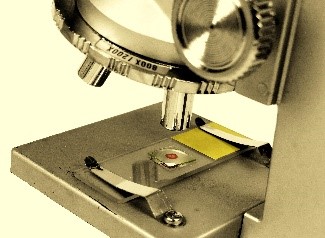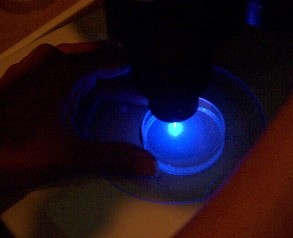- Universitat de València
- Martinez Corral, Manuel
- PDI-Catedratic/a d'Universitat
- Coordinador/a Curs
- Saavedra Tortosa, Genaro
- PDI-Catedratic/a d'Universitat
- Jorge Sola Picabea
- Emilio Sanchez Ortiga
There are different techniques for improving the lateral resolution and obtaining optical sectioning in optical microscopy. Optical sectioning, for example, can be obtained using a scanning confocal microscope. However, this type of microscope does not improve the effective lateral resolution. Besides, they have problems with phototoxicity or photobleaching due to the pointlike illumination.
Other microscopes that are able to provide super-resolution and/or optical sectioning are the ones based on structured-illumination. However, these systems need to shift the illumination pattern several times and rotate it to three different angles. The main problem of these microscopes is that the results provided by them depend strongly on the post-processing operations, which consume long computation time and sometimes result in artefacts on the image.
In summary, it is necessary to offer an alternative technique, which allows both high lateral resolution and optical sectioning without long post-processing or rotating the illumination pattern.
Researchers from Universitat de València have developed a new technology that is based on a hybrid combination of the above concepts. To be more specific, the invention is based on a smart combination of structured light with a scanned, pinholed, detection. This permits to obtain optical sectioning while doubling the lateral resolution without applying any post-processing operation or rotating the illumination pattern. In summary, the new invention reduces the computing time, avoids the formation of artefacts and provides 3D superresolution.
The invention could be applicable in any sector that requires the study of biological samples.
The system has significant advantages over existing ones:
- It represents an advance with respect to systems that can offer similar benefits given its simplicity of both manufacture and use.
- Increased resolution.
- It does not require post-processing.
- More economical than other systems on the market with similar features.
- Easy implementation.
- Reduction of fluorescent photobleaching and phototoxixity.
- Patent granted
Blasco Ibáñez Campus
C/ Amadeu de Savoia, 4
46010 València (València)














